Feminists in Cardiff challenge stereotypical gender roles by tearing up patriarchal and male-dominated literature
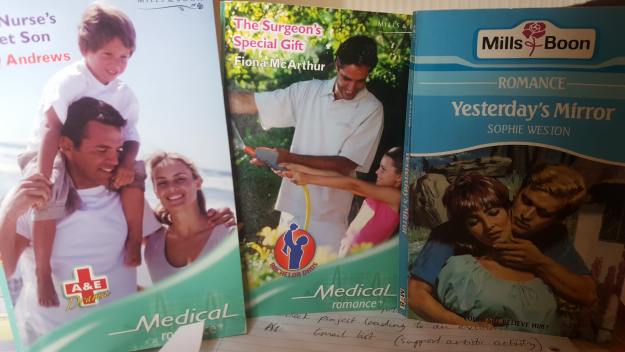
Artists in Cardiff held a craft workshop last week, where women tore pages of classical novels promoting traditional roles of men and women in society.
The event, called “The Snip,” was hosted by two Cardiff-based artists, Mab Jones and Sara Annwyl, who have converted their house into a creative hub for public activities.
Jones is an award-winning writer from Ely in Cardiff: “I’ve been teaching and working as a poet for 10 years. I’ve written poetry books and presented shows on Radio 4. I’ve been featured in The New York Times”.
The overarching objective was to encourage conversations that challenge stereotypes about gender roles and socially acceptable behavioural patterns, in order to lead to an inclusive movement that reflects the needs of people from all backgrounds.
Annwyl has worked in a number of roles, both in Cardiff and other places in the UK.
The Snip involved people coming together to cut up stories based on stereotypes and rearrange the excerpts into humorous poems on coloured card.
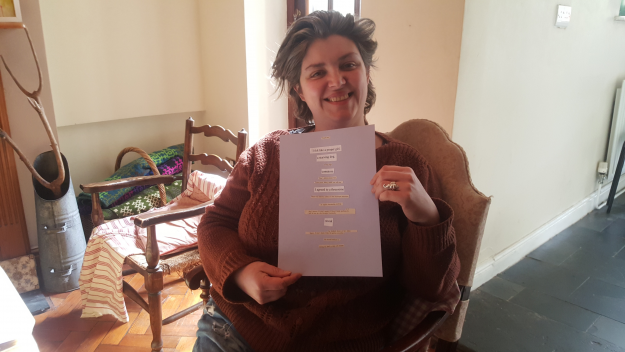
Marking 100 years since middle-class women over the age of 30 were given the right to vote in the UK, Jones wanted to hold a female-led workshop that critically assessed damaging tropes that pervaded social structures often conveyed in literature.
“[The books] read like propaganda and promote the frightening message that a threatening man is a romantic image,” says Annwyl.
“[The stories] are meant to be all about love, but they’re not. It’s about power… they basically portray a romantic setup between a couple in which, the man is clearly dominant and active and the woman is submissive and passive,” says Jones.
Discussing the plot of one of the stories that Jones has cut up, she comments that: “The woman hates riding horses but she eventually ‘learns to love’ to ride… that seems like a sexual metaphor.”
“Later on, the man basically explains that the women who choose to marry men have to surrender,” says Jones.
Jones feels that this is view is archaic and restricts freedom: “People think they should act a certain way. It’s about judging and shame and guilt. You’re not free if you think you ‘should’ be doing something.”
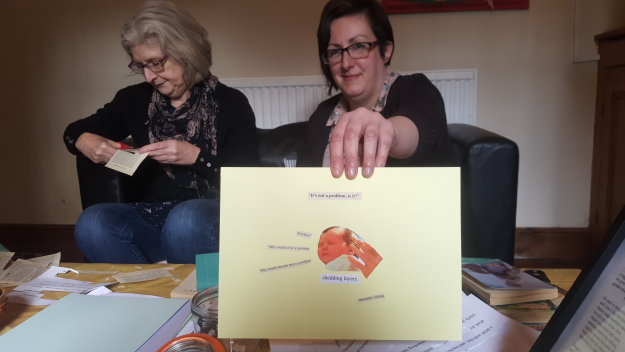
Potential consequences of promoting these stereotypes this mindset include difficulties forming connections, according to Jones.
“It makes it hard to have fulfilling relationships. How can you communicate properly if you’re restricted by ‘should’ and ‘have to’ and ‘must’?”
With reference to content from the books in the workshop, she says: “If you take the romance away…it’s a form of power play between the male and the female. She has to fulfil a particular role and so does he. It’s demeaning to them both”
Discussing changing perceptions on questioning stereotypes surrounding the roles of men and women, Jones says: “In the past, it was embarrassing to discuss feminism, it was really unfashionable,” explains Jones. “It’s a difficult word because it’s associated with angry people. There are men who hate women and women who hate men.”
“Men don’t realise that misogyny oppresses them as well. It’s difficult to see. It would be great to see them at protests and marches” says Jones.
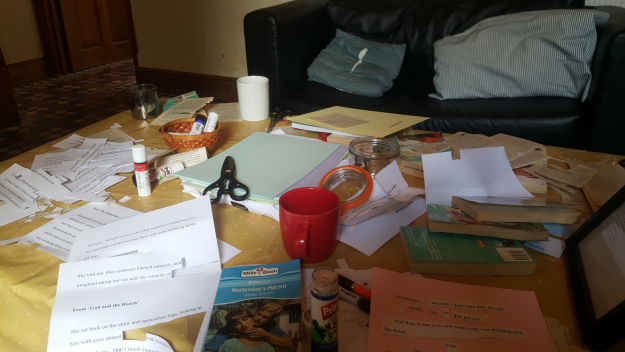
“The hardest thing is that [traditional gender expectations] are so deeply unconscious. It’s not that we’re told clearly how to behave it’s imbibed from the culture around us,” says Annwyl.
“It’s an invisible thing that we live within. Ideologically, it’s seen as natural so we’ve actually not thought to question it,” she adds.
Jones thinks that people will look at the past and be shocked at how much society has changed, and how there are different ideas emerging about what it means to be a strong person.
“We’ll look back in 10 years’ time and be like ‘Wow, things were like that?’”
“Being strong is showing your feelings, being yourself, asserting your rights within a relationship,” says Jones.
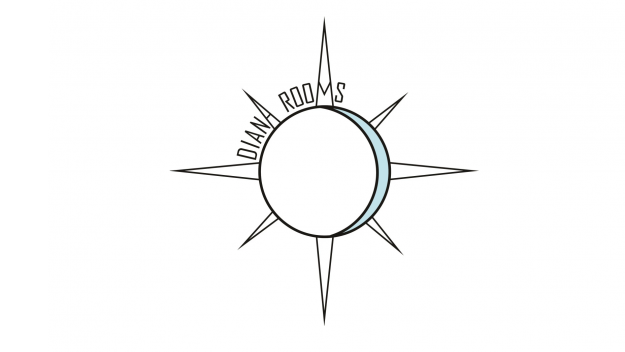
Annwyl and Jones have turned their house into a space for the creative community to hold events, workshops and exhibitions. Called “The Diana Rooms,” the venue serves as an occasional gallery and a place where travelling artists can stay overnight. The Snip is part of a project running for nine weeks that is based on celebrating female voices.
Click here to find out more about the projects and events held at The Diana Rooms.
